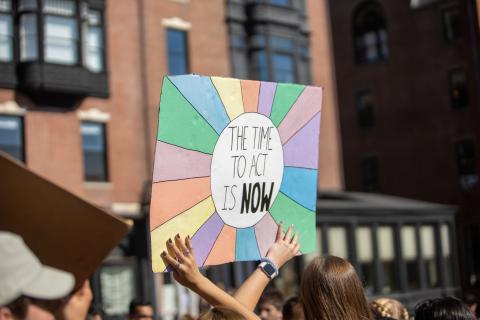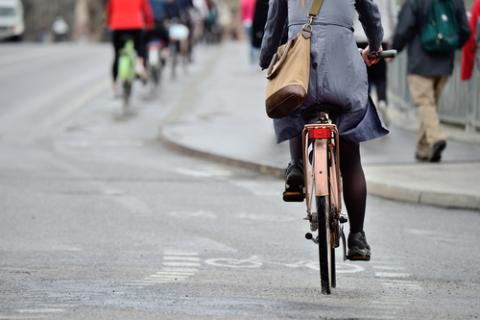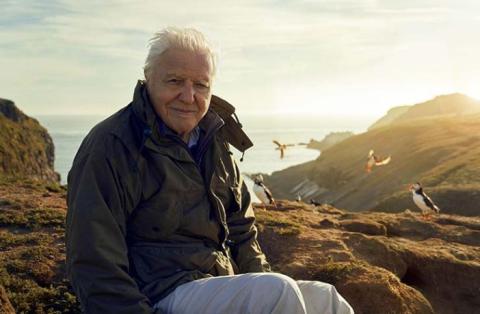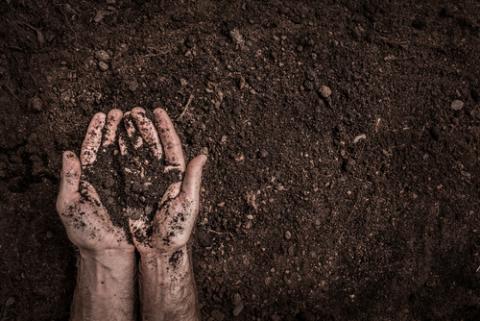Sustainability news
How does Taiwan participate in international climate change negotiations?
Geopolitical tensions in Asia have drawn attention to the precarious place of Taiwan in international relations. Taiwan is a self-ruling island with its own government, constitution and laws. Taiwan as a geopolitical entity has existed in its present form since 1949, when the Republic of China initially set up a government in exile on the island after being defeated by Mao Zedong's Communist army. Despite developing into a de-facto independent state and a flourishing democracy in the decades since, Taiwan is today not recognised by the United Nations.
One year on from COP26: greater urgency, greater expectation
One year has passed since Glasgow hosted the 26th United Nations Climate Change Conference – or COP26 for short. The climate jargon of huddles and NDCs (Nationally Determined Contributions) may have long left Scotland, but the global climate negotiations rumble on.
The baton passes to Egypt for COP27 this month. Now is a good time to take stock of what’s happened since COP26, and look forward to what we might expect at COP27.
Talking about politics when the house is on fire
“Ladies and gentlemen, COP26 begins in Glasgow tomorrow”, announced Prince Charles. “Quite literally, it is the last chance saloon. We must now translate fine words into still finer actions.”
One year on, and policymakers, diplomats and NGOs from around the globe are meeting for COP27 in Sharm-el-Sheikh, Egypt, to build on the pledges of the previous year. These included agreements to limit global heating to an average 1.5C above pre-industrial times (currently at around 1.2C, and a step up from limiting it to 2C as agreed in Paris, 2015).
Cycling Success
On Thursday 10th November, our Estates Travel Advice colleagues, Jodi Houghton, Beth Sear, and Lorraine Skinner attended the Milton Keynes Mayor’s Cycling and Sustainable Travel Awards Breakfast, where the OU came second in the local Top Cycling Company (for most cycling activities and miles cycled).
COP27 - Observing from a distance
The Government of the Arab Republic of Egypt is hosting the 27th Conference of the Parties (COP) of the United Nations Framework Convention on Climate Change (UNFCCC) from 6 – 18th November 2022. The Open University has ‘observer status’ and sent nine delegates to the COP26 hosted by Glasgow in 2021, however this year we are observing from a distance.
COP26 Green Zone: Ancient Knowledge and Modern Thinking: Climate Perspectives in Folk Art
In November 2021, The Open University hosted a unique event at the 26th United Nations Climate Change Conference (COP26) as one of several initiatives to mark its commitment to responding to the climate crisis.
COP26 bought together parties from across the world to accelerate action towards the goals of the Paris Agreement and the UN Framework Convention on Climate Change.
Heatwave commentary from Dr Leslie Mabon
Our media team worked with OU expert in Environmental Systems Dr Leslie Mabon and the Science Media Centre, to sell-in his expertise to media and broadcast covering the drought and heatwave. As a result commentary from Dr Mabon was syndicated across Press Association and covered in more than 200 media outlets including the Mail on Sunday, Sky News and a large number of regional publications.
Explore the natural beauty of Britain and Ireland in new BBC / OU programme, Wild Isles
The Open University (OU) and BBC have announced the upcoming release of a new natural history series, Wild Isles, presented by Sir David Attenborough, and informed by the expertise of OU academics Dr Philip Wheeler and Dr Miranda Dyson. Photo credit: BBC/©Alex Board/Silverback Films
Soils, Nature and the Climate Emergency
OU Associate Lecturer, Dr Clive Mitchell, recently had two articles published in British Soil Science Society blog and The Herald on Soils, Nature and the Climate Emergency.
OU research informs report on climate change in Japan
An OU academic has led a British Academy-funded report which explores how Japan can respond to climate change requirements in a way which is fair to its society.
Contact our sustainability team
For more information contact our sustainability team.







